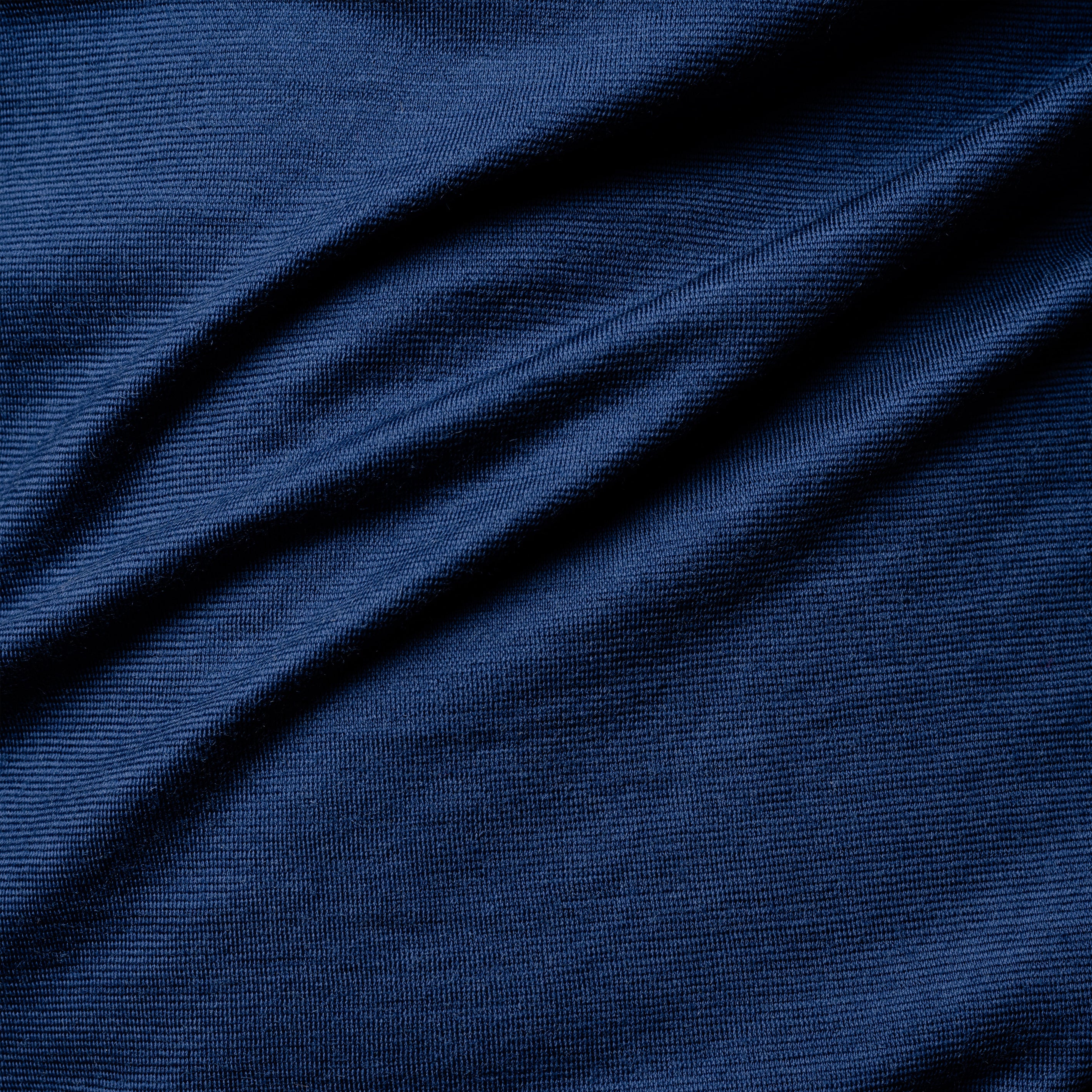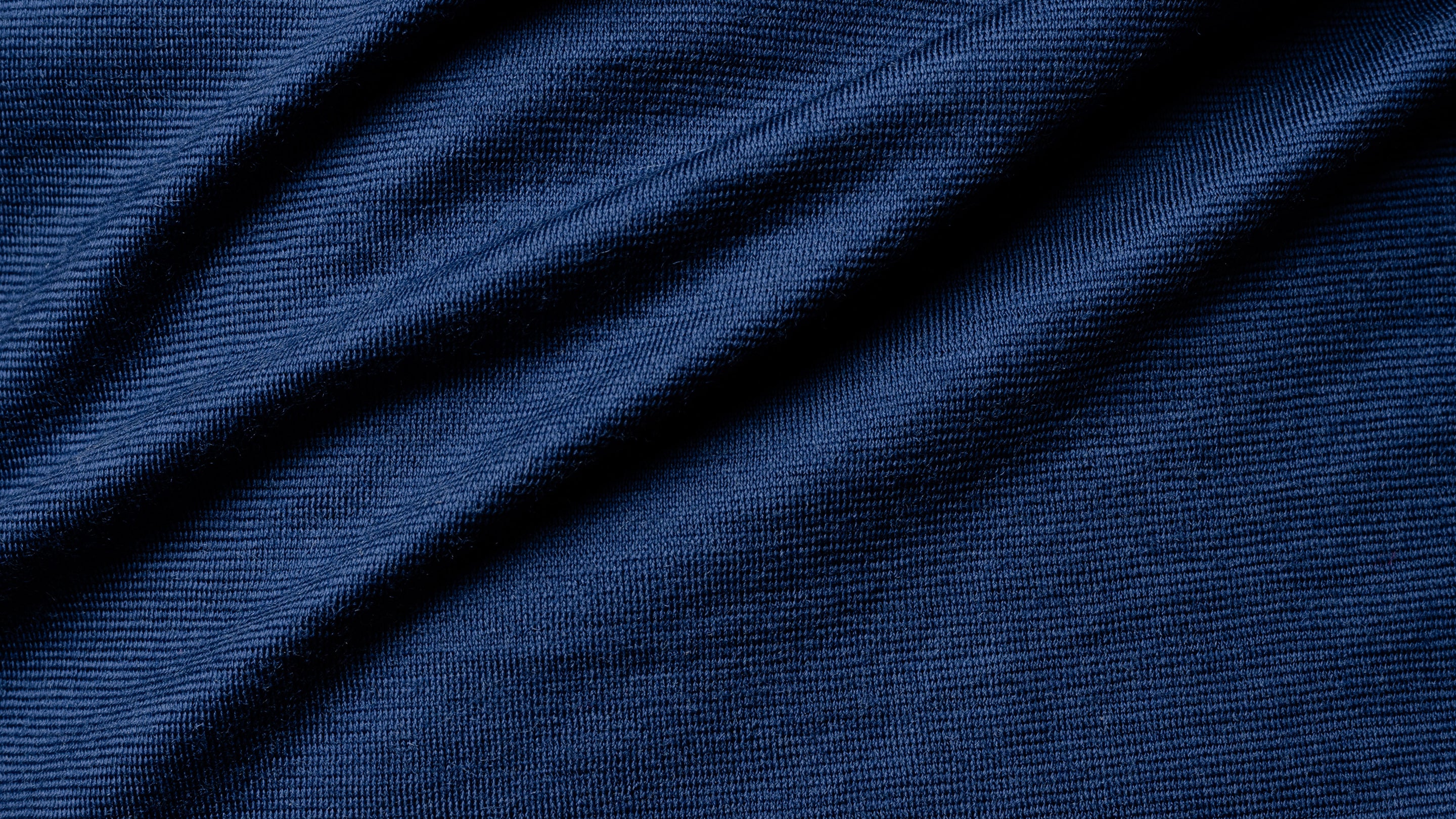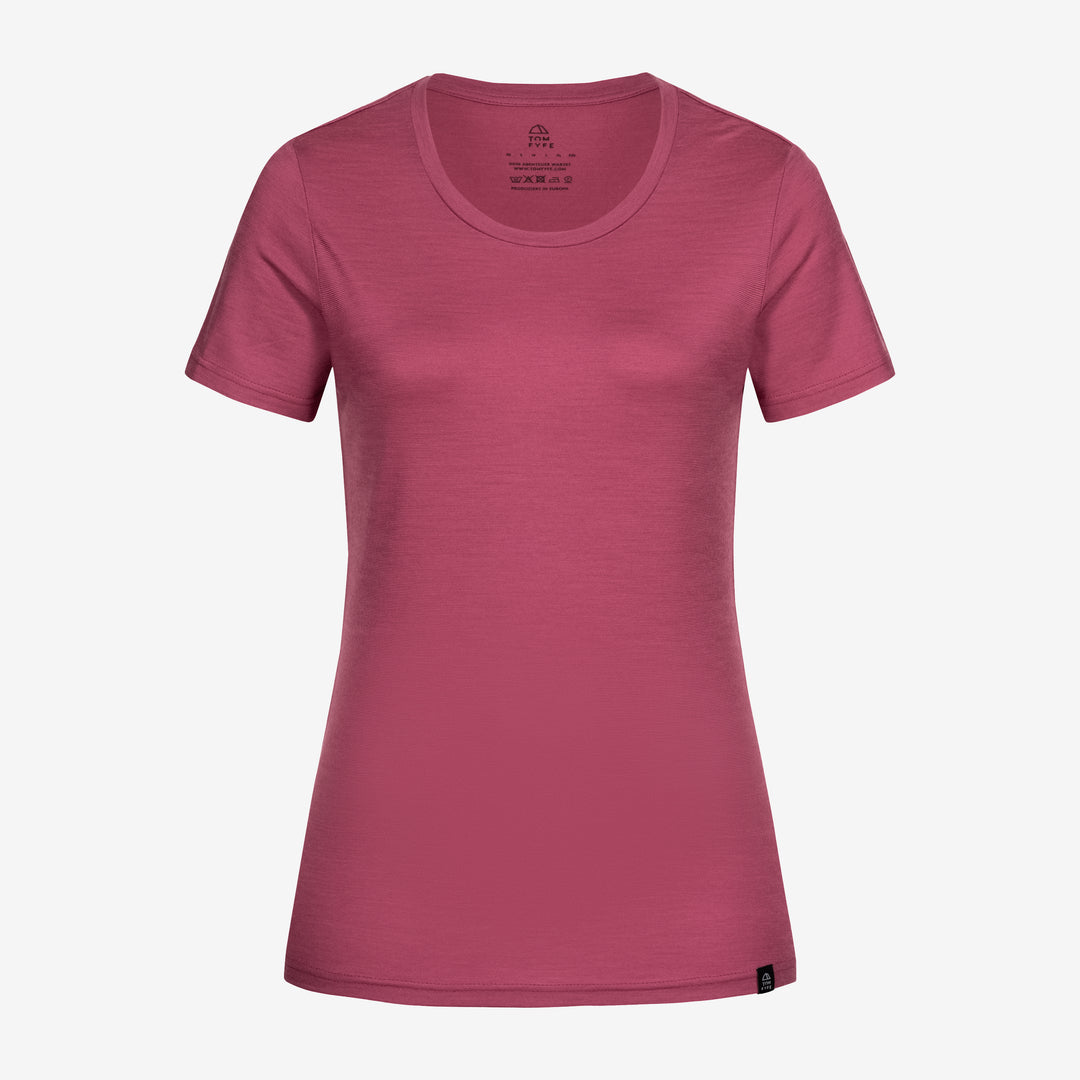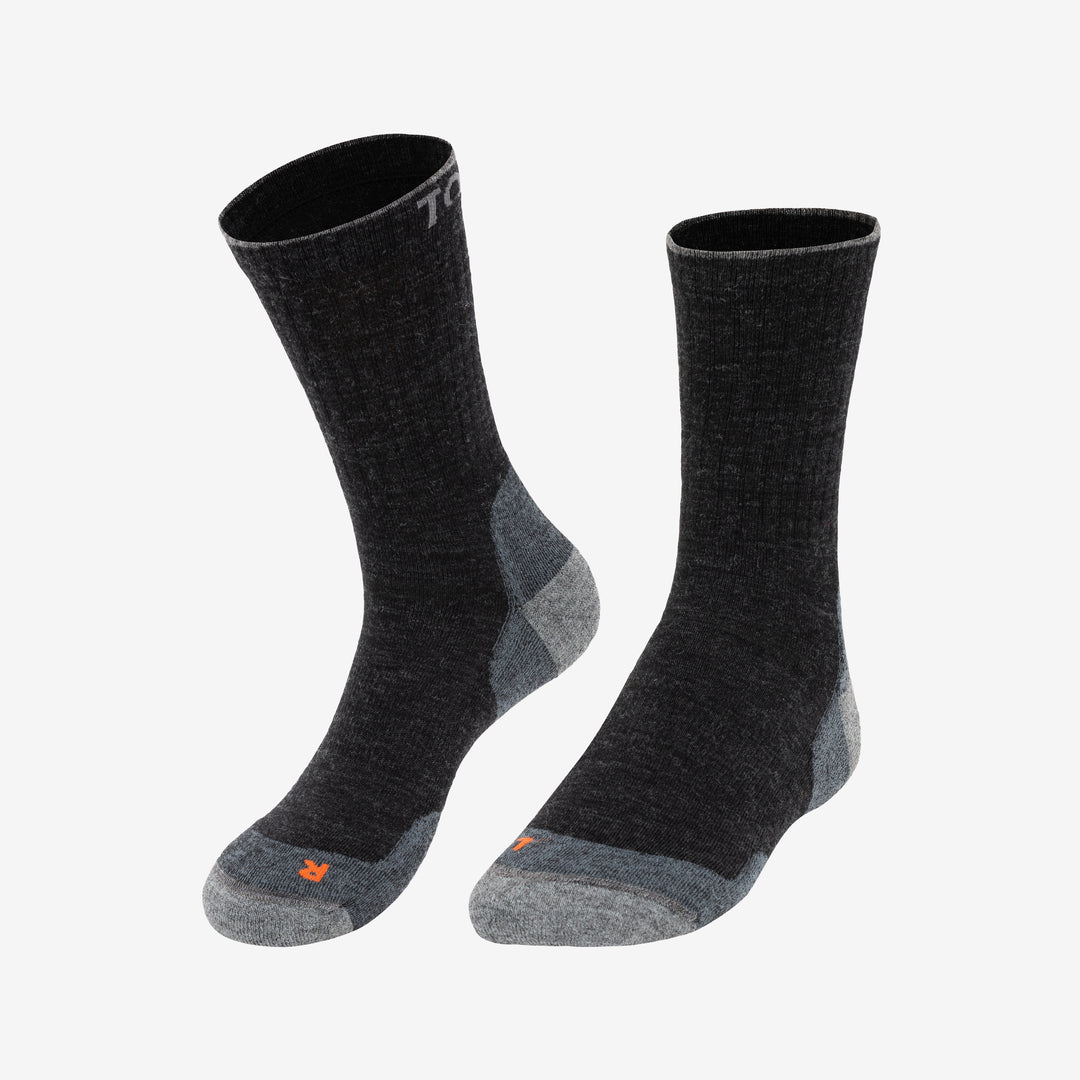Why don't Merino wool clothes smell?
After sports, heavy physical work or if we wear our clothes for a long time, at some point they smell unpleasantly of sweat. The freshly formed sweat is initially odorless. Only when the bacteria on our skin start to break down the sweat do we start to smell unpleasantly. Our sweat serves as a food base for the bacteria and where it is particularly warm and humid on our body, they like to multiply. For example, in our armpits are optimal conditions. From there, sweat and bacteria are transferred to our garments. This works particularly well if they are made of cotton or synthetic fibers. The skin bacteria immediately start to decompose the sweat there and our clothes start to stink. This is completely different with merino wool. But why is this not the case with merino wool?
The surface of the merino fiber differs from the surface of the synthetic fiber, for example. The synthetic fiber has a smooth surface on which our sweat and bacteria can adhere particularly well. The merino fiber, on the other hand, has a scaly surface that can be imagined as bricks lying next to one another on a roof. In fact, bacteria are less likely to adhere to this surface than to a smooth synthetic fiber surface. Another advantage is that the fibers absorb the moisture from the sweat very quickly and the bacteria cannot break it down in the first place. The water-repellent surface also prevents the formation of a damp climate. Bacteria have such poor chances in a habitat that is suboptimal for them.
In addition, the protein keratin in the merino fibers breaks down the bacteria that are responsible for the bad smell. As a result, merino wool has a permanent antibacterial effect in a natural way. Probably the most interesting and biggest advantage of merino wool over synthetic fibers is the mechanical self-cleaning effect. The core of the merino fiber consists of two different cell types that can absorb different amounts of moisture. As a result, they swell to different degrees and constantly rub against each other, which means that the fiber cleans itself again and again. This is precisely why Merino wool clothing does not need to be washed often. It is usually sufficient to air out the garment in damp weather.

Properties of merino wool
Back to all questions
Production of merino wool
Learn more
Frequently asked questions about merino wool
Learn more
















